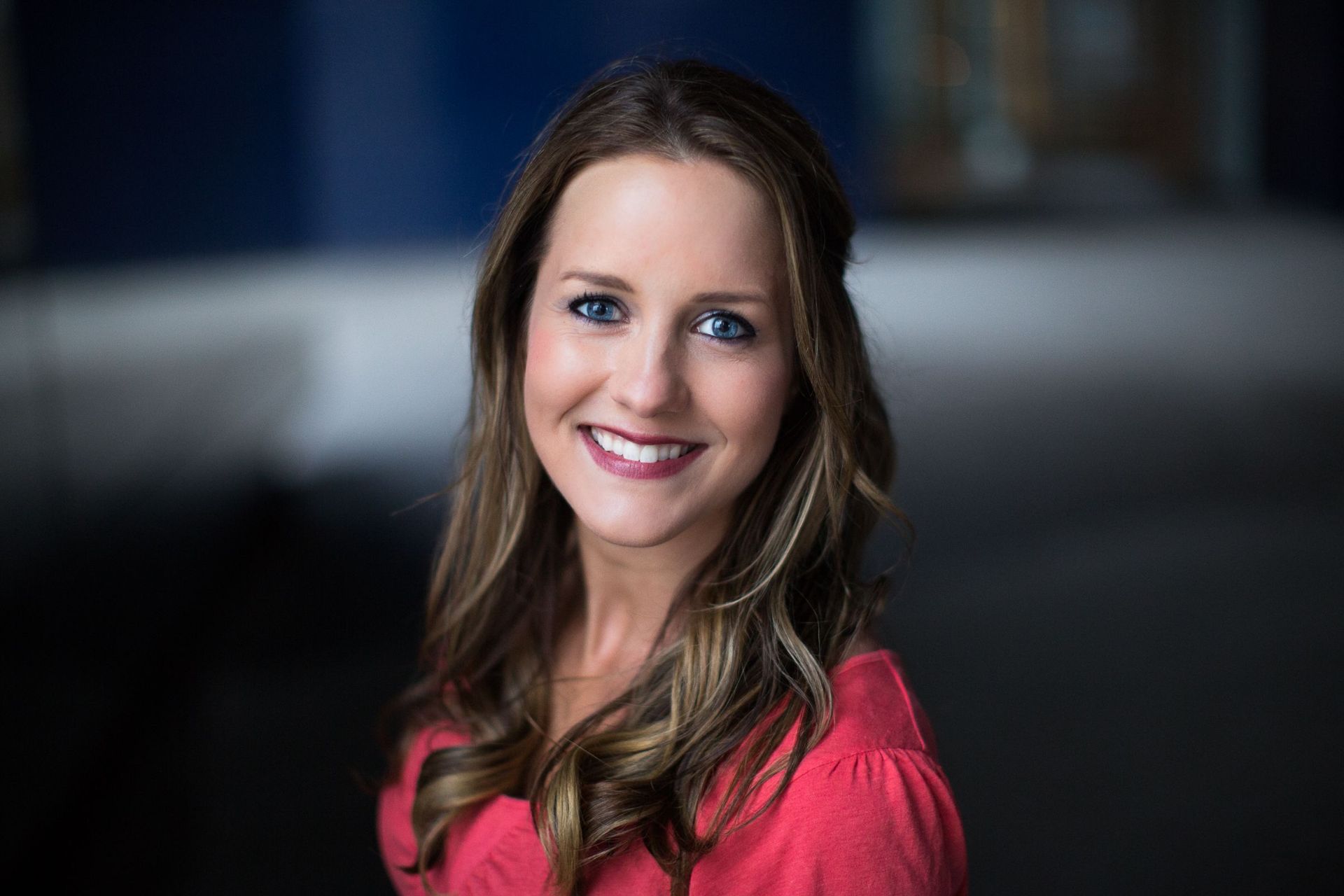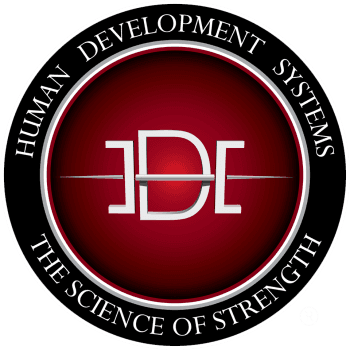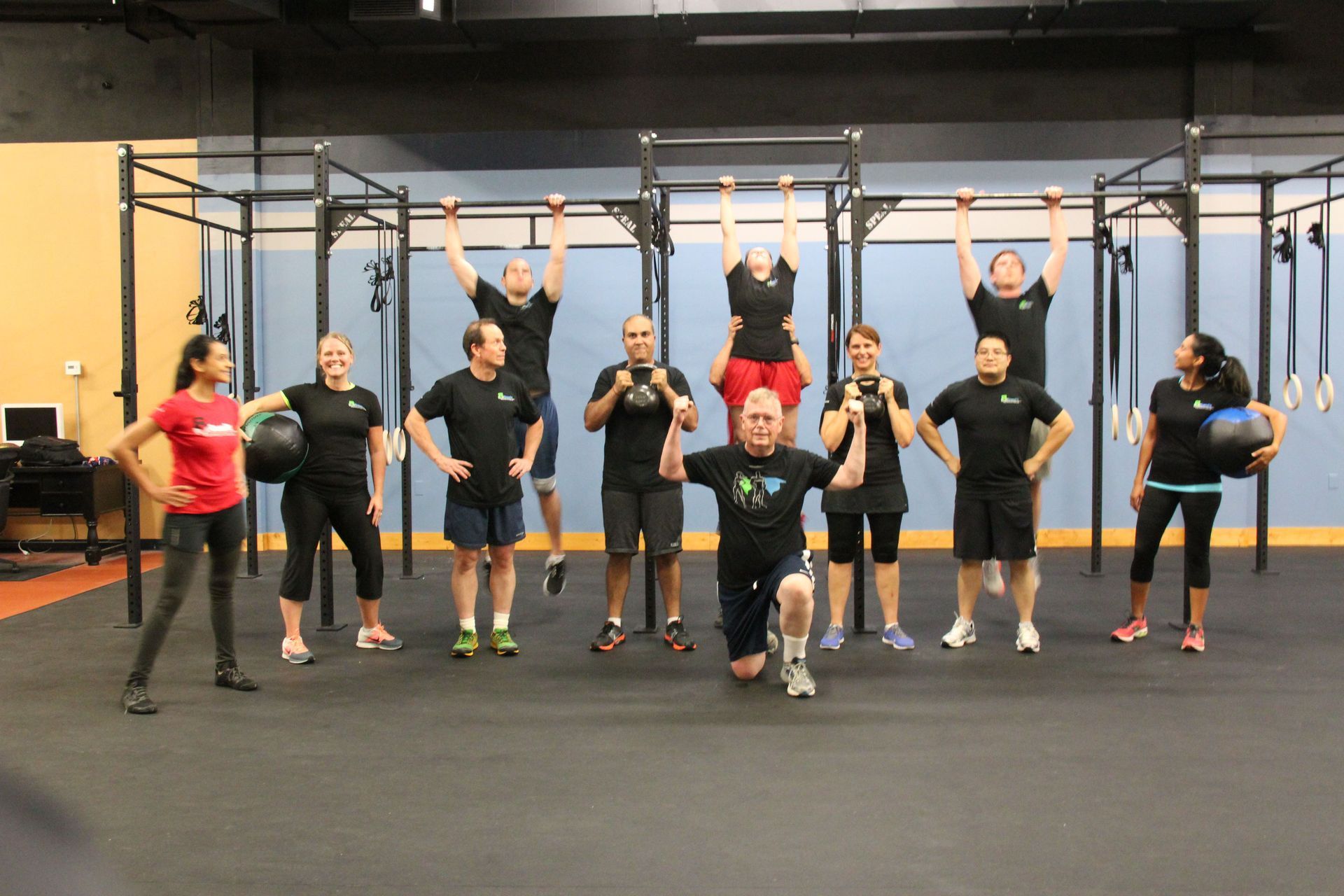Blog

Editor’s Note: We’re pleased to present this guest post by Cassie Bjork, RD, former LD, and founder of Cassie.net (formerly DietitianCassie.com). Cassie is a globally recognized industry leader in weight loss, a highly sought-after speaker, and the #1 international best-selling author of Why Am I Still Fat?: The Hidden Keys to Unlocking That Stubborn Weight Loss. After spending nearly a decade as a licensed dietitian, Cassie relinquished her dietitian license after a five-year battle with her state licensing board over what she could teach. This is the story of how governing bodies are influenced by the Big Food industry and why outdated diet approaches are still prevalent—even in the face of contradicting scientific findings. When you see letters after a name, your trust in that person goes up. Right? Ph.D., M.D. ... It makes a difference. Those letters mean the person knows a lot about something and someone else vouched for it. For me, the letters that I was so proud to get were “LD,” which stands for “Licensed Dietitian.” And the day I earned my certification as a Licensed Dietitian was one of the most important days of my life. I worked hard for that credential and the authority I believed it gave me. I was ready to use it to help people reach their peak. But three years into my career, something unexpected happened: The Minnesota Board of Dietetics and Nutrition served me with papers to cease and desist my approach to weight loss. I could never have imagined that eight years later I’d still be fighting to keep my credentials, or that eventually I’d decide to surrender the very license that I’d work so hard for. From the beginning, though, I was confused by what we were taught in dietitian school. I followed all the “rules” I was learning (count calories, eat a low-fat diet, exercise hard daily), but they didn’t work for me. I gained 20+ pounds and struggled with major sugar addiction. I became even more confused when my father, who was the picture of health and followed the same plan and protocols, had to get emergency heart surgery. That’s when I started to question all the rules and set out to read all the nutrition research I could get my hands on. I was dumbstruck by what I discovered. The research showed that cholesterol wasn’t the villain we were told it was—in fact, it's actually an essential nutrient! It showed that high-fat diets weren’t unhealthy at all — in fact, they appeared to actually be more beneficial than high-carb diets because of how they regulate blood sugar and insulin. This brought up some big questions, like, why is the foundation of the government’s dietary recommendation food pyramid carbs? And why was I seeing on my dietitian license exams that a 100-calorie packet of crackers is preferable to half an avocado? And why has our nation consistently been getting more overweight and disease-ridden if those approaches were supposed to work? It seemed as if everything I learned in school was wrong! So, even though I had earned my license and was proud of it, I had to teach what I knew to be true and right. Fat is important for metabolism, and so are calories (as long as they are from the right foods). The long-winded hamster-wheel workouts (that I know you don’t love) can backfire and cause weight gain. The high-carbohydrate approach that was the gold standard of my education can cause fat gain, hormonal imbalances and thyroid dysregulation. Every new piece of information bucked the very rules I was taught in dietitian school. I found that food was but one part of a truly complex weight-loss equation that included hormones, thyroid function, sleep, stress, supplements and more! To my pleasant surprise, as I applied each new piece of learning to my own life, I began to change—effortlessly. My energy levels went up, my cravings disappeared and the pounds came off. I was on to something! Turning Research Into results for Thousands of Clients (and Pissing off the Licensing Board) This research became foundation for our Rule Breakers weight-loss coaching program. Over the next eight years, we helped thousands of women and men lose weight and keep it off—FOR GOOD—and people were slimming down not by starving or skimping, but by feeding themselves foods that fuel effective and sustainable weight loss. I told my clients to forget fat-free or low-fat and embrace full-fat diets; to eschew calorie counting and eat more of the right things; to swap out margarine for good old-fashioned butter; to quit slaving at the gym and work out less but more efficiently. (It’s not surprising that I started doing CrossFit for that very reason, as have several of our coaching clients). My team and I would also address the underlying issues harming our clients’ metabolism and weight-loss efforts. This is a step that conventional doctors and nutritionists often miss or just don’t do. Each client would get a customized plan for solving his or her unique physiological puzzle, and the weight loss would follow without starvation or skimping. And that weight would stay off. Our approach worked. Our clients have shed weight, gained energy, healed their chronic ailments and tapped into new levels, physically, mentally and spiritually. The results speak for themselves, and each year my business grows by at least 30 percent. Then the Licensing Board Had Something to Say Our approaches worked only because we rejected the outdated rules of traditional dietitian training, the very rules that I was obligated to uphold as a dietitian licensed by the Minnesota Board of Dietetics and Nutrition. The board didn’t like what I was doing. They didn’t think I should be talking about thyroid, hormones, supplements … or really anything other than low-fat, no-fat, low-cal food. The results I got for clients, in the end, didn’t matter. They wanted me to stick to “the rules.” And so I had a choice: I could change how and what I teach, or I could relinquish my license. Now, this didn’t happen overnight. I fought this battle with the board for a while—five and a half long years, to be exact. We’re talking lawyers (and lawyer fees), court dates, mediation, negotiation, interrogation … for five and a half years! I fought because didn’t want to give up the credentials I worked so hard for. But what I’ve come to believe is that the dietitian license represents something different than what I believe in. I became less and less comfortable using the title (at least in the state I was licensed in—more on that in just a bit). Three Big Reasons to Question the LD Label (and Why I Let It Go) Here’s what I’ve learned in the process—and what you can take away from it as you search for answers in your own health journey: Reason #1: I question anyone or any system whose first and strongest instinct is to protect the status quo. Now, I can forgive someone for being temporarily misinformed and believing that eating a low-fat diet and salad for lunch is the key to weight loss and better health. But what I’ve seen is something much more systematic. I have witnessed not just the guarding of the status quo but willful ignorance on the part of the governing body for dietitians; it’s simply unwilling to heed what practically every big name in nutrition and health (e.g., Dr. Gary Taubes, Dr. William Davis, Dr. Mark Hyman, Dr. Jason Fung) knows—the old rules are not working. Why would someone resist change? Because of reason #2. Reason #2: I’m leery of any advice or education that’s brought to you through Big Food or Big Soda’s influence. Imagine your doctor’s license to practice medicine was paid for by McDonald’s. Would you be surprised if you got a prescription for a Big Mac? And yet, that is exactly what is happening in the world of nutrition. When I attended my first Food & Nutrition Conference & Expo, the world’s largest annual meeting of food and nutrition professionals, I was shocked to see an entire tent set up by Pepsi, a company that was sponsoring a calorie-counting campaign. I’m sorry, what? Have you ever wondered why the myth of calorie counting persists? Because if we treat all calories as created equal, then it doesn’t actually matter what you eat—and that’s how you can accept sponsorship dollars and teach that you can eat anything just as long as fit comes under your caloric limit (looking at you, Diet Pepsi). We were told that soda is fine, that it’s just “empty calories,” when the reality is that it increases risks of serious health conditions such as heart disease, Type 2 diabetes and nonalcoholic fatty liver disease, not to mention tooth decay. If these certifying boards recognized that the type of calorie, and not the sheer number of calories mattered, then they couldn’t possibly say that this snack-pack or that soda fits into a healthy diet. Because they’d lose a stream of income. They’re calorie-blind for a reason: because it keeps them in business. The relationship between Big Food and the certifying boards is frightening. Look at the influence of the sugar industry, for example. Do you know this story? In the 1960s, a single study, anonymously funded by the Sugar Research Foundation, “proved” that fat causes heart disease and sugar has little to no effect. This was absolutely bogus and contrary to all reputable research. But the federal government used this study as a basis for policy, even though officials were fully aware that the study was flawed—and I can only deduce that the incentive here (as in most places) was financial. (Gary Taubes’ Good Calories, Bad Calories covers this story in detail.) In 1980, the first dietary guidelines that promoted the low-fat, low-cholesterol diet with a recommended increase in carbohydrate consumption were published. Millions of people suffered from a diet designed to make them sick—because the sugar industry used its money and power to manipulate food science and food policy. The evidence overwhelmingly confirms that over the past 40 years, government entities have come together with Big Food and Big Soda (not to mention Big Pharma) to make decisions and take actions that undermine the health of Americans. This has led to a completely preventable explosion of disease. It’s a broken system. And the governing bodies that certify nutritionists and dietitians are similarly flawed. To this day, the very board that certifies dietitians is sponsored by Splenda, the Dairy Council, sugar producers, a milk company and more. Dietitians need to complete 75 hours of continuing education units (CEUs) every five years in order to maintain their credentials, and companies like Coca-Cola, General Mills, and McDonald’s offer continuing education courses that are approved by the board! Nonsense. Reason #3 The problem isn’t just in Minnesota. I ran into trouble with the Minnesota board, but the truth is that governing agencies across the country are forcing nutrition professionals to abide by recommendations and regulations that aren’t based on accurate science or proven results. This is scary because those agency recommendations and regulations are deeply influenced by the food industry. Those dietitians who speak out against ill-informed regulations and recommendations run the risk of legal action (as I did!). The truth-tellers end up getting punished, and ordinary people end up fatter and sicker than ever before. (And by the way, if you need evidence that people are getting fatter and sicker, look no further than here.) Perhaps even more frustrating is the fact that things are different state-to-state. After announcing why I relinquished my license and sharing the details of my five-and-half year legal battle, dietitians across the country have reached out to me saying their state is different. They weren’t taught the outdated false science protocols. They are not handcuffed to practicing teaching only one method (or at least they haven’t been told to do so, yet). But I’ve also had other dietitians message me in fear that they too might face legal action from their governing boards. I wish I had an answer for why one dietitian’s experience in one state is so different than that of another. If anything, it points to how broken the system is. How is a consumer (i.e., you) supposed to make sense of who teaches what? How can a consumer trust a dietitian who follows the outdated protocols? It may be ordinary people trying to be healthy who suffer the most as they try to make sense of conflicting “facts” from their government, governing bureaucracies and nutrition practitioners. Until there is accuracy and consistency across the board, it’s up to each of us to do our research. I also know that you most definitely can live your healthiest life. I encourage you to find a source of information that you trust and an advisor to guide you through what you know to be the right path. Your health is in your own powerful hands. It's an honor to share my story with you.

To put it most simply...Because it is The Games. The moment people can make the distinction between CrossFit Competition and CrossFit Training is the moment this question will be put to rest....These are professional athletes, competing on the grid, in a professional sport with the fittest athletes on earth. To the conversation of what % of the CF Games athletes have been injured during their quest for greatness is both absurd and ignorant to the nature of professional competition. What % of professional athletes in any sport suffer injuries? Football players get injured. Hockey players get injured. It is dangerous. It is violent. It is explosive. It is SPORTS. Even looking at less violent sports such as golf or tennis. How many Times has Tiger Woods been injured, How many surgeries has he undergone. How many times has Serena Williams had to pull out of a match due to injuries? It is the nature of competition and sports. There is an inherent risk involved with playing sports, especially at the highest level with the best athletes on earth. CrossFit has to be understood as both the Competition "The Sport of Fitness" and the Training GPP (General Physical Preparation) "Constantly Varied Functional Movement Performed at a High Intensity" etc. When an athlete chooses to compete, the approach and programming differ drastically from the approach to training. When the athlete steps on the grid to compete he or she makes a conscious decision to put their body and health on the line to go to battle. They understand there will be dangers, consequences, risks. They are at that point leaving the training realm and entering the battlefield. Any and every great sport present danger, risk and reward. It is why humans are drawn to it. Because it is hard. Because it defies the odds. Because it is not a "safe space". Because it has danger and excitement. It is why the ones who are good enough are paid hundreds of thousands and millions of dollars. It is why people adore and respect them. They have sacrificed some things to get here... including never being injured....

